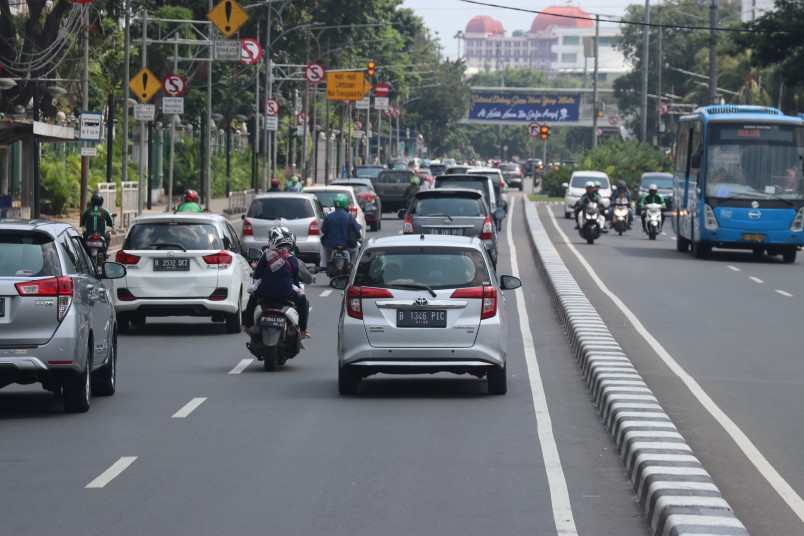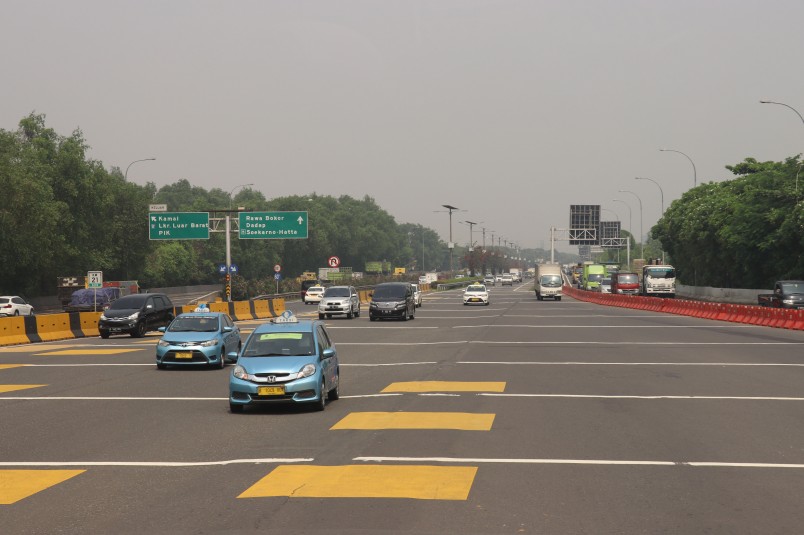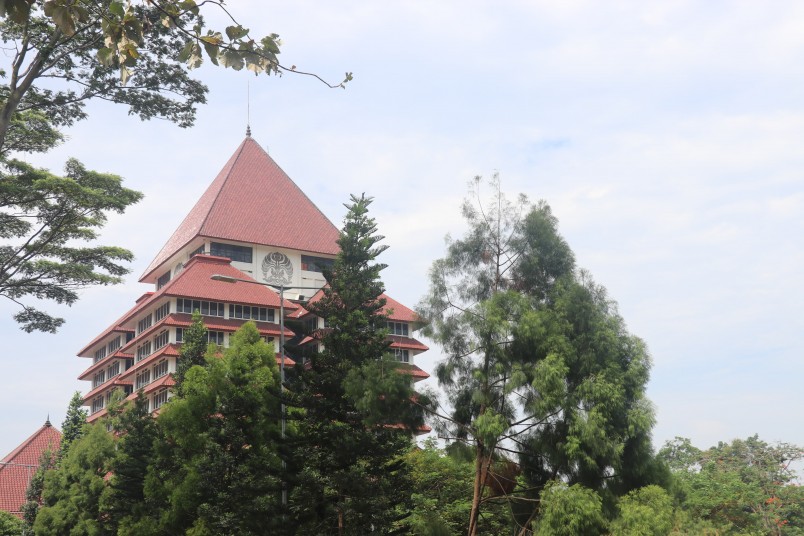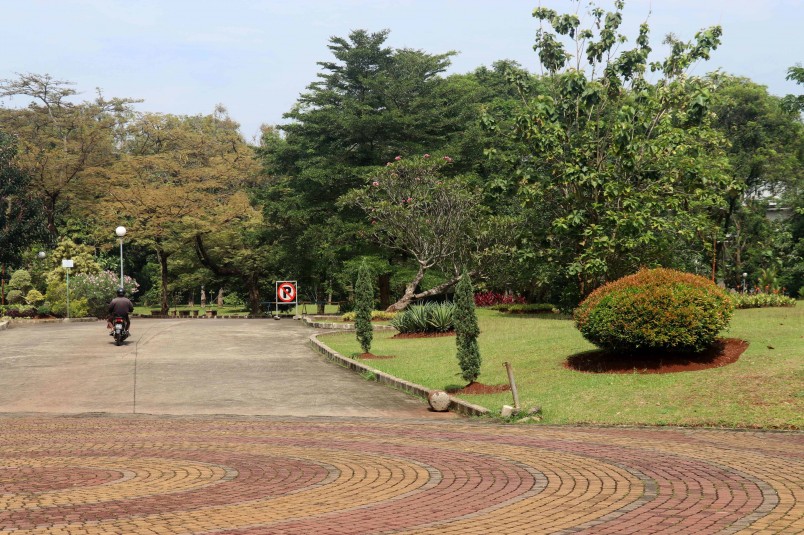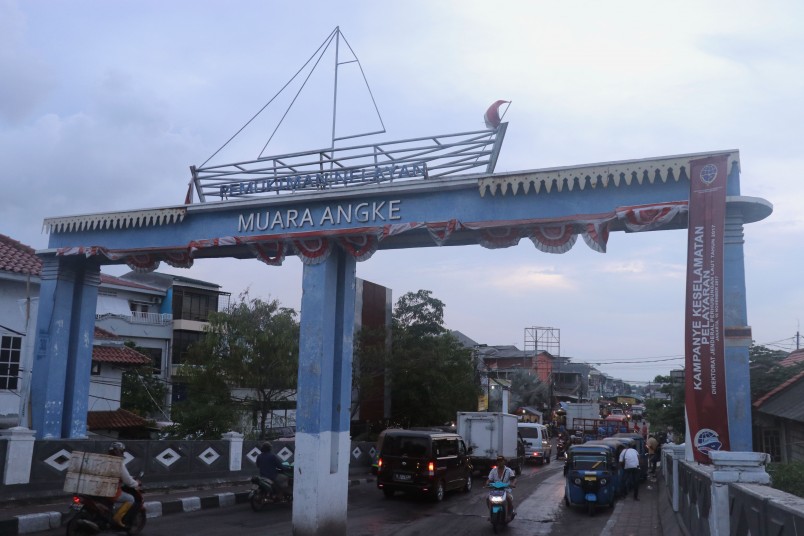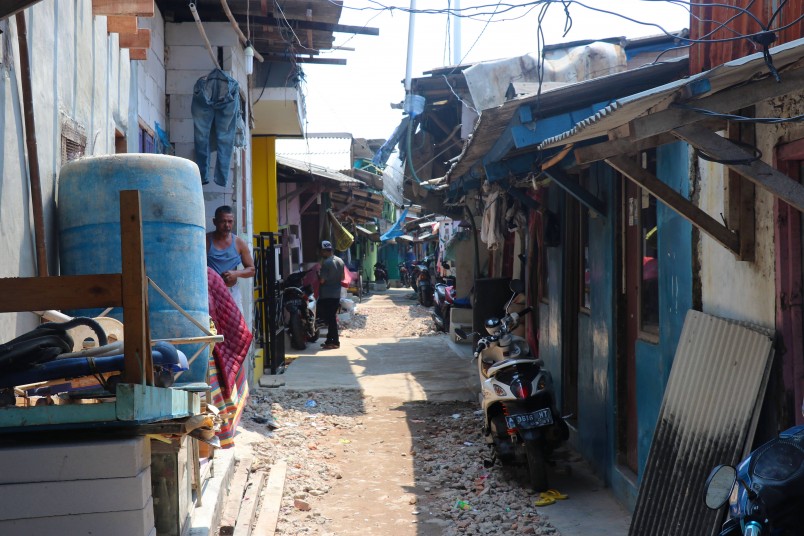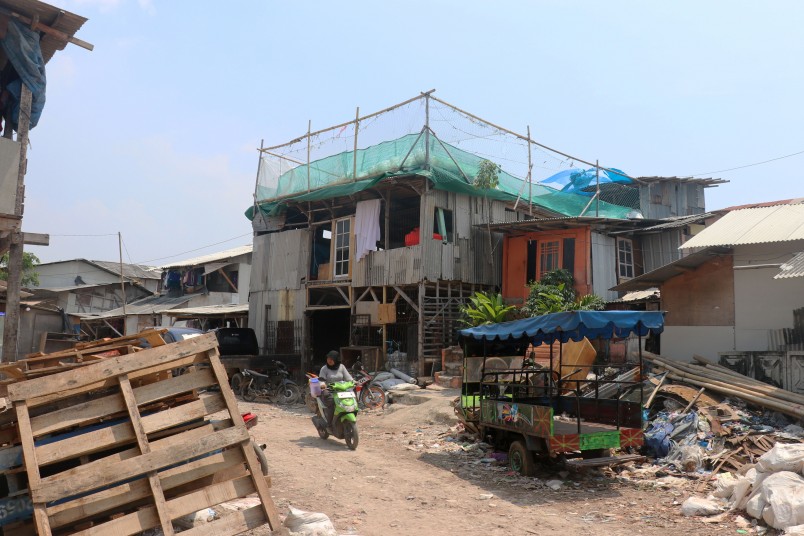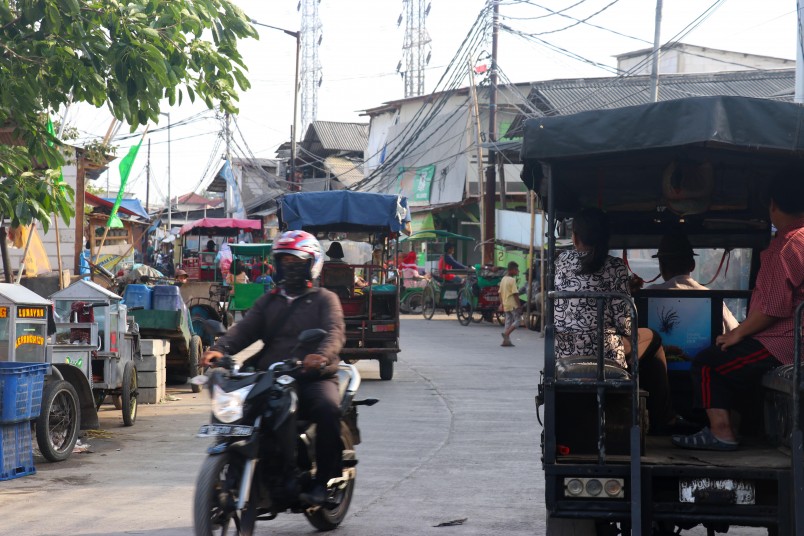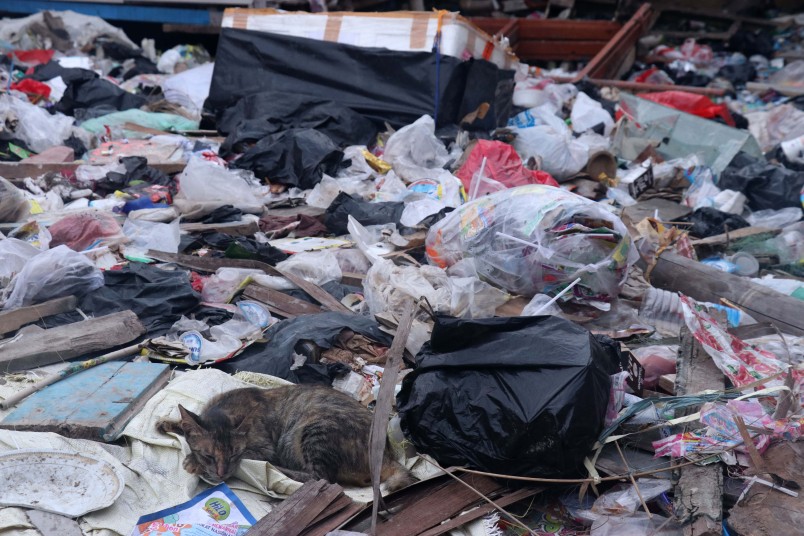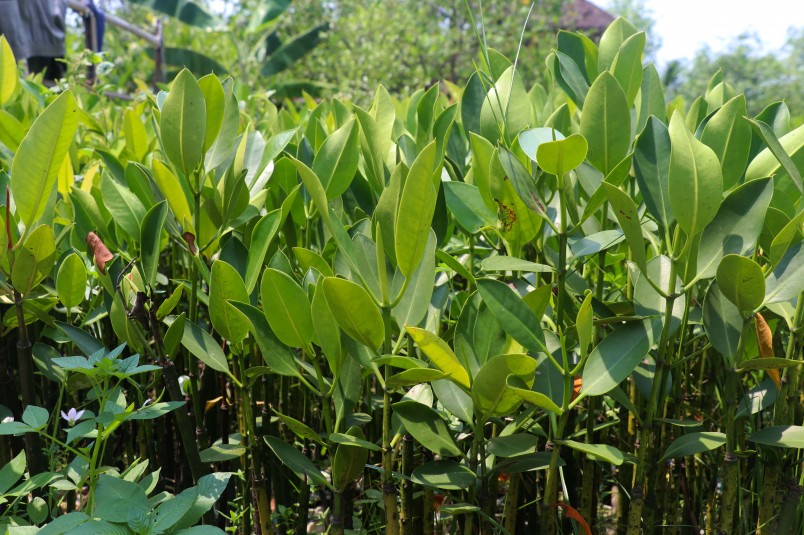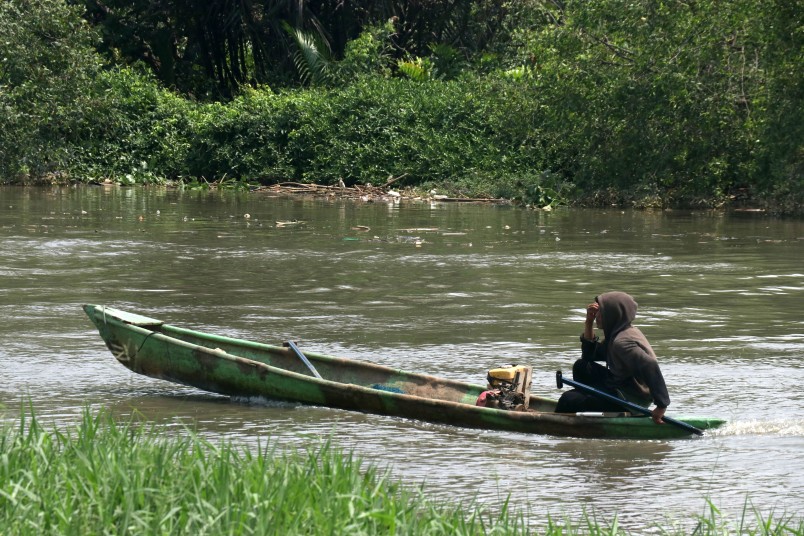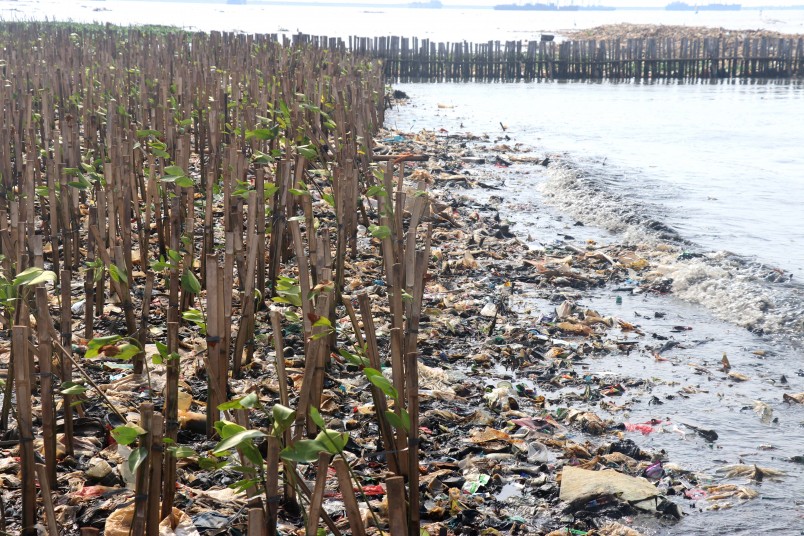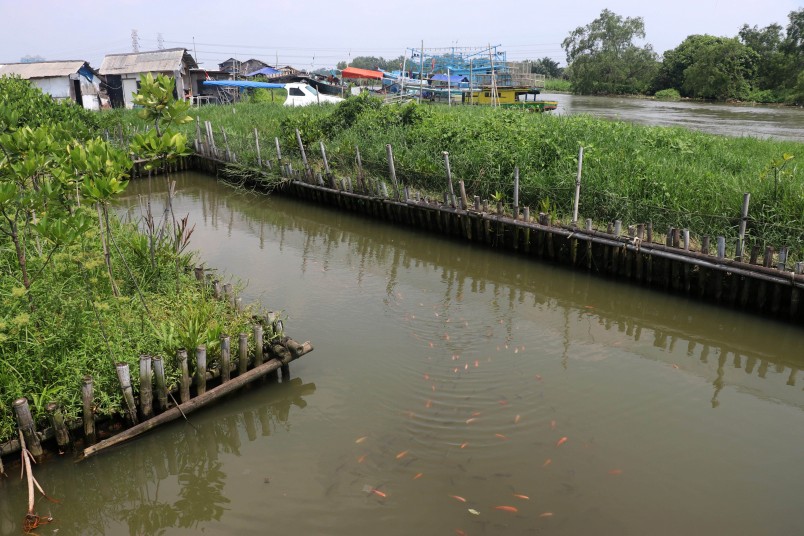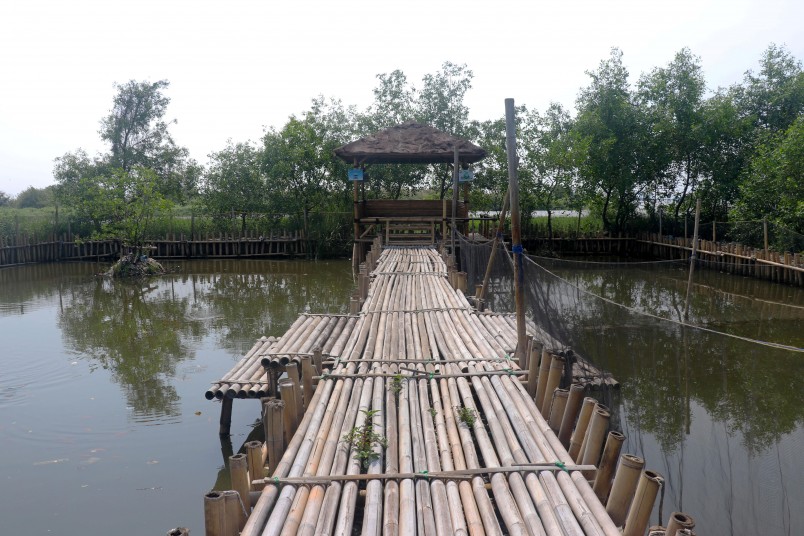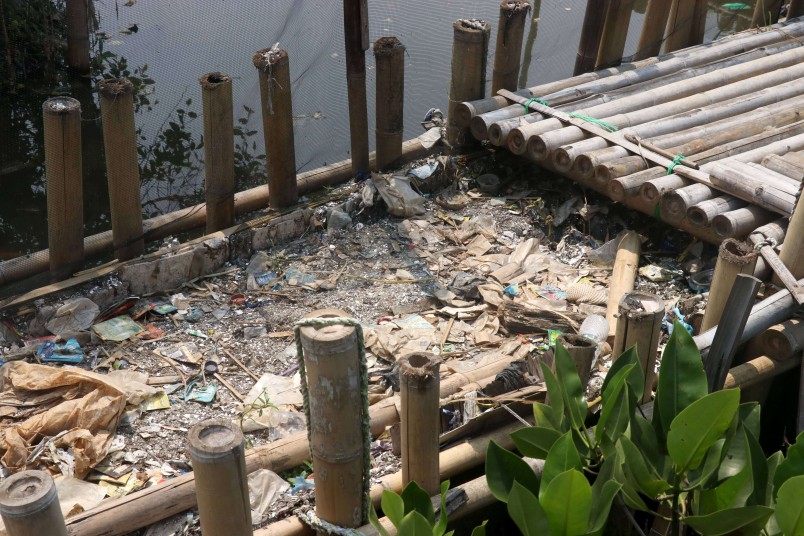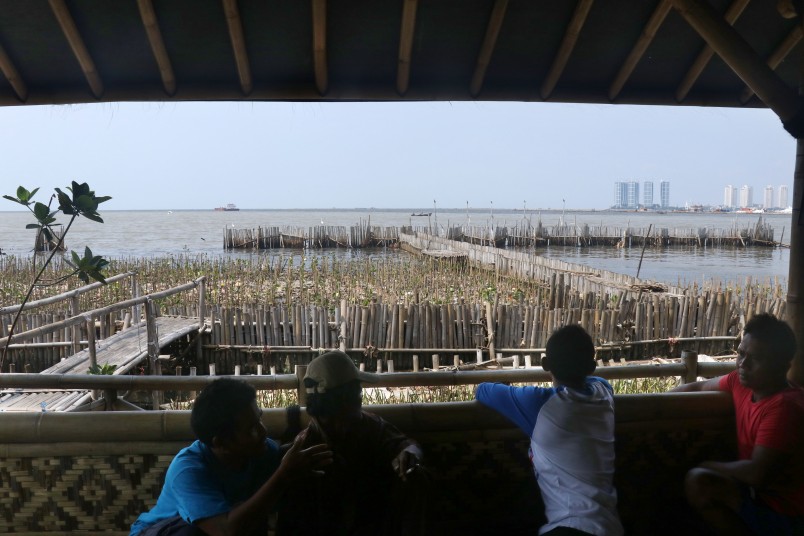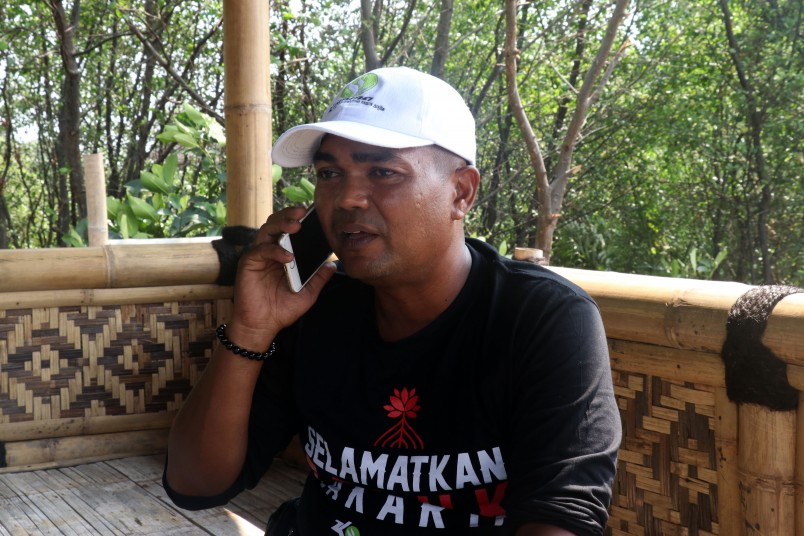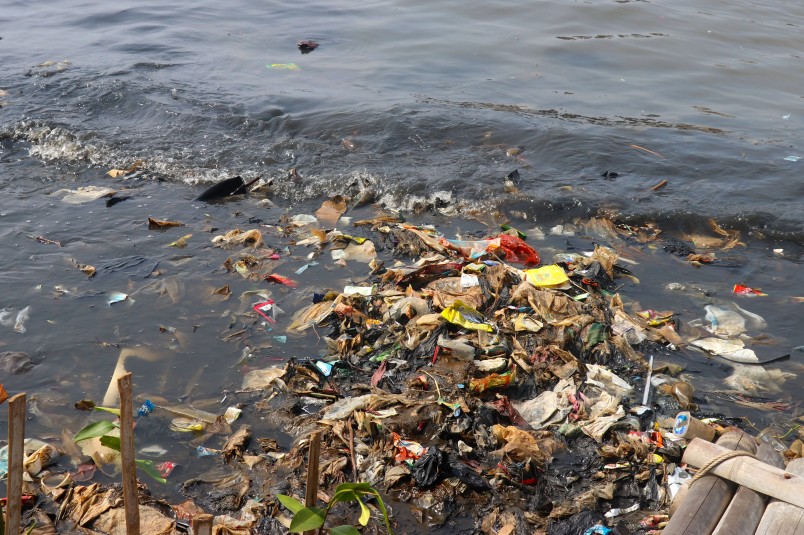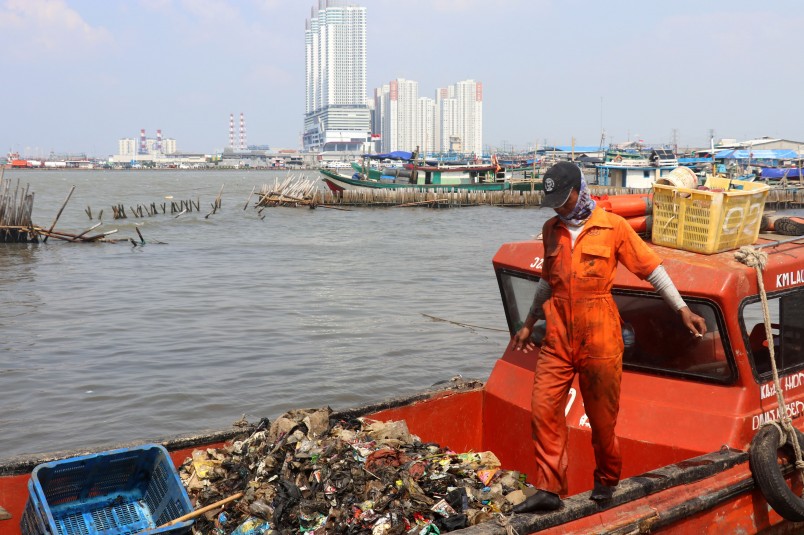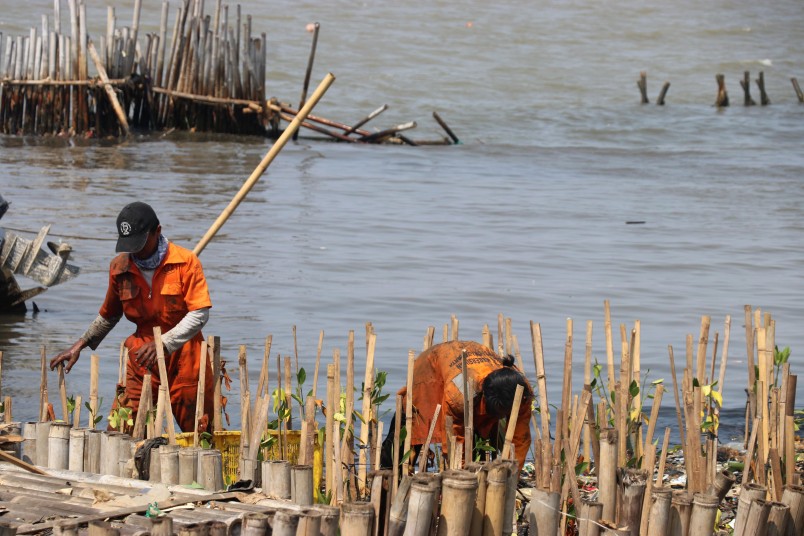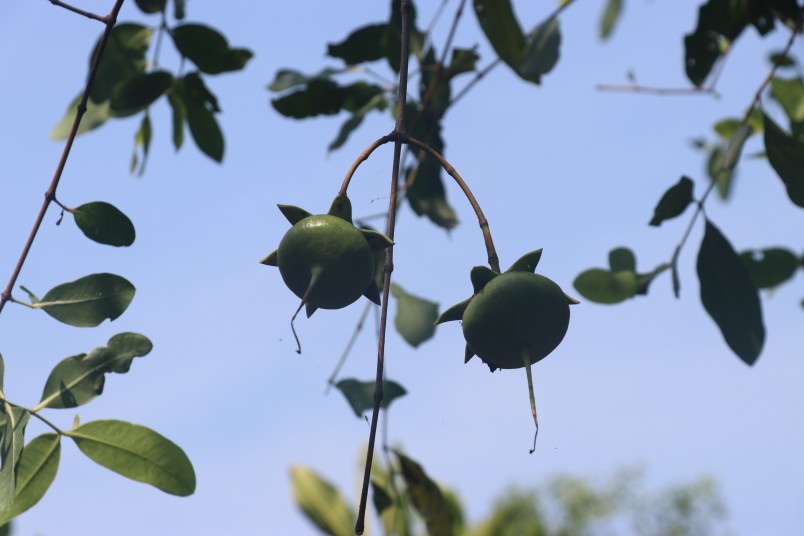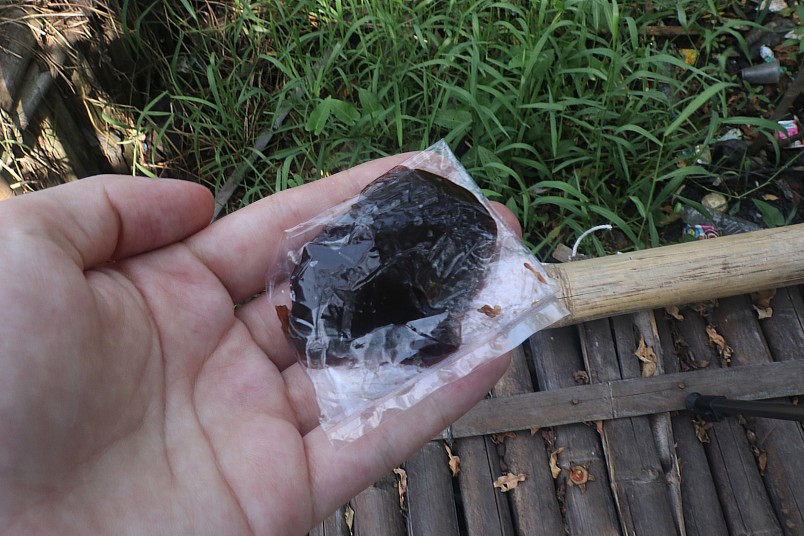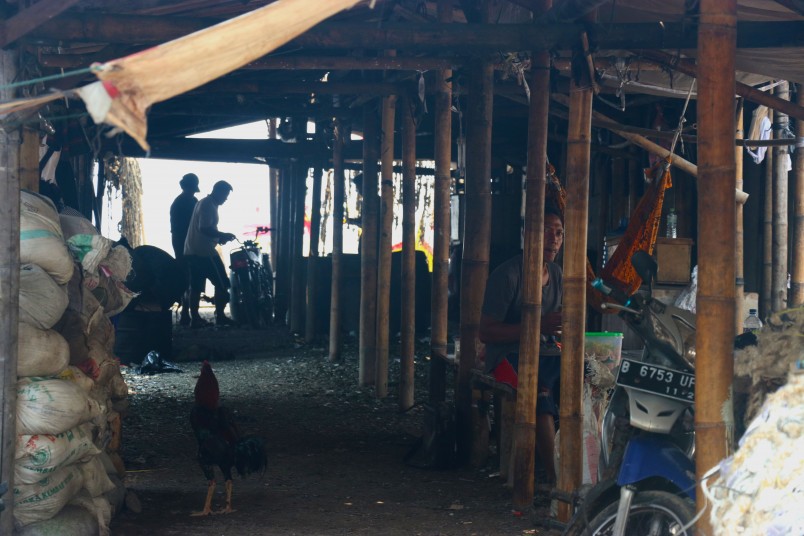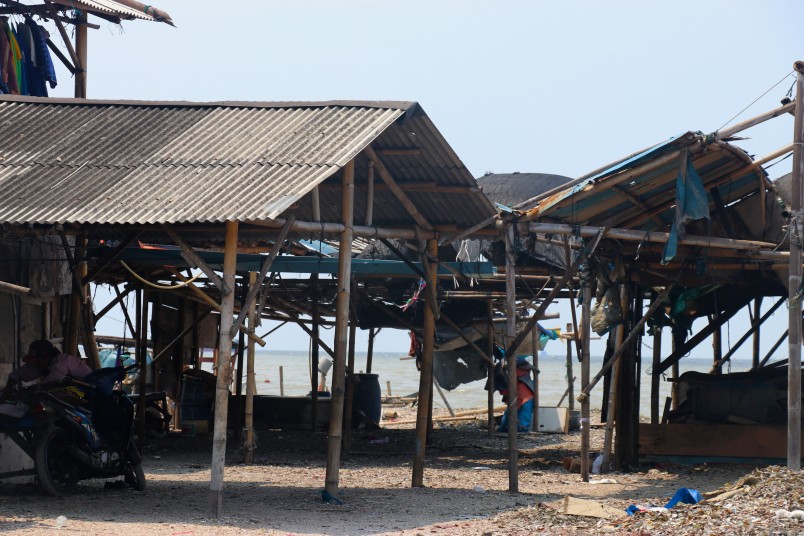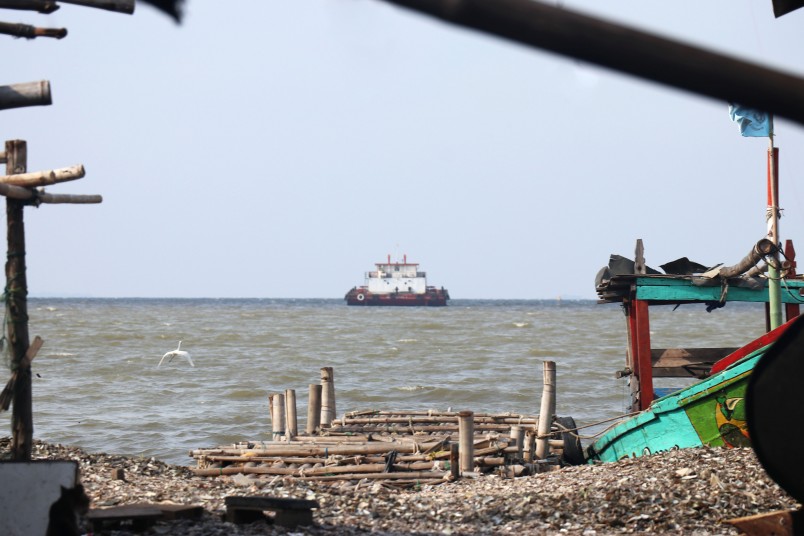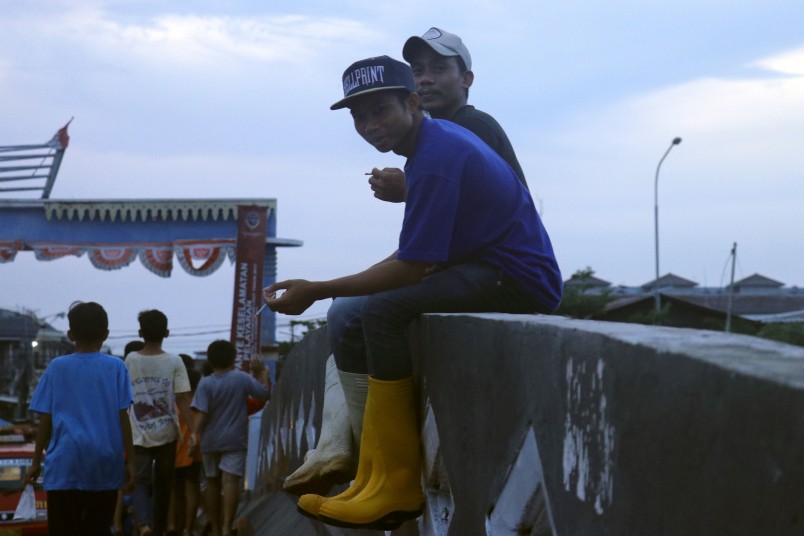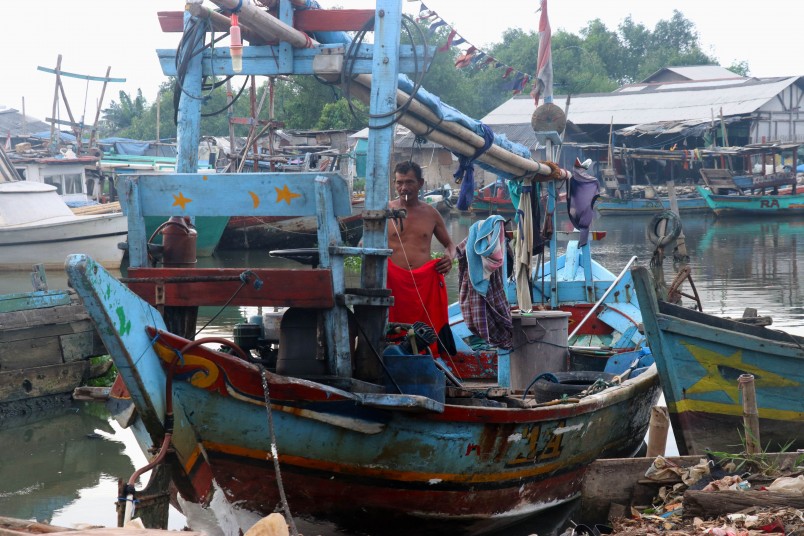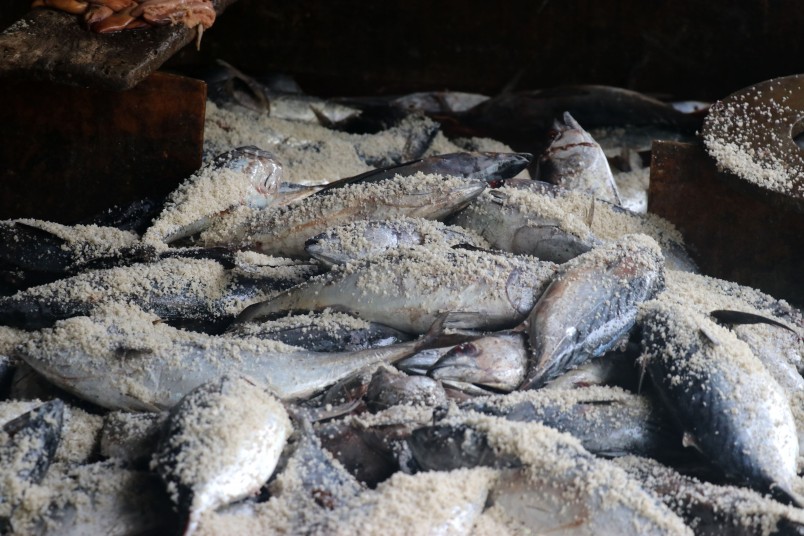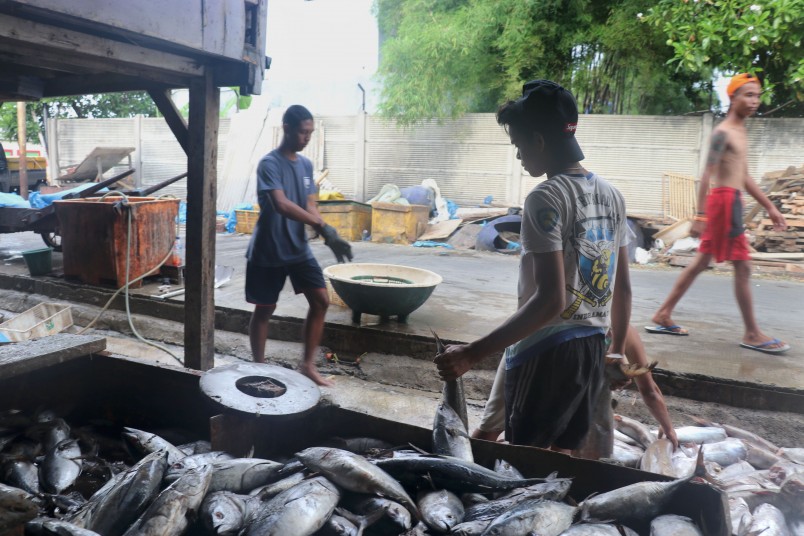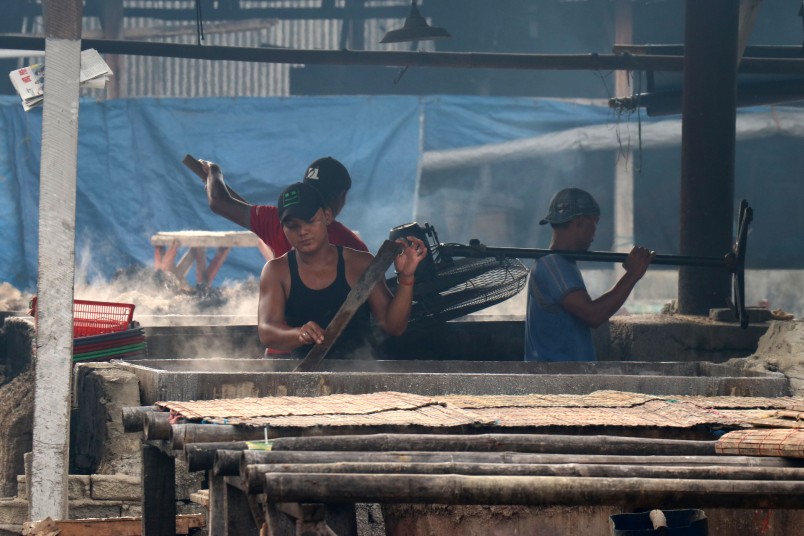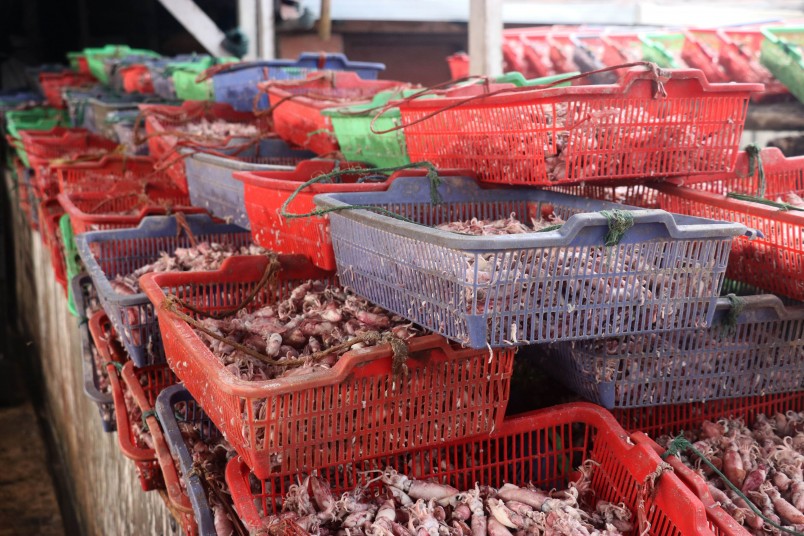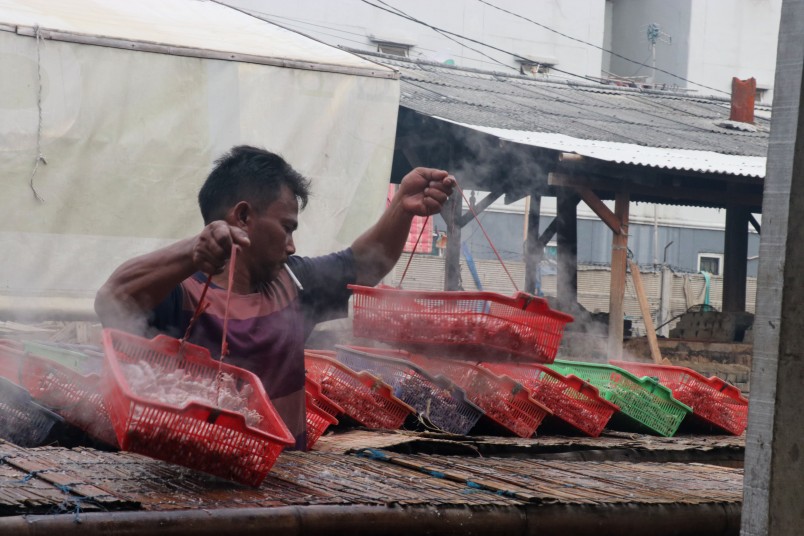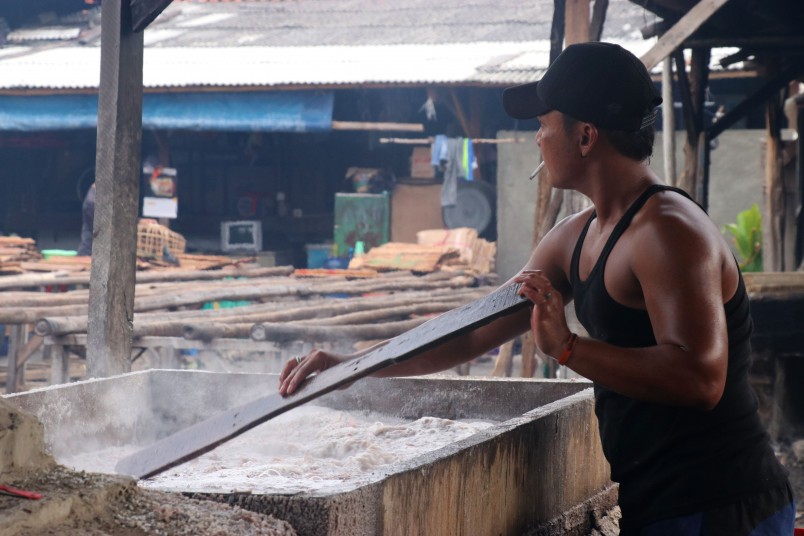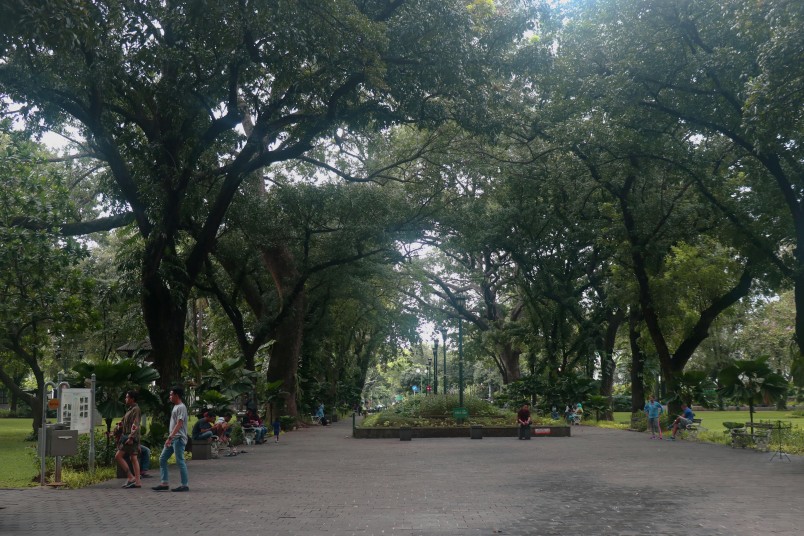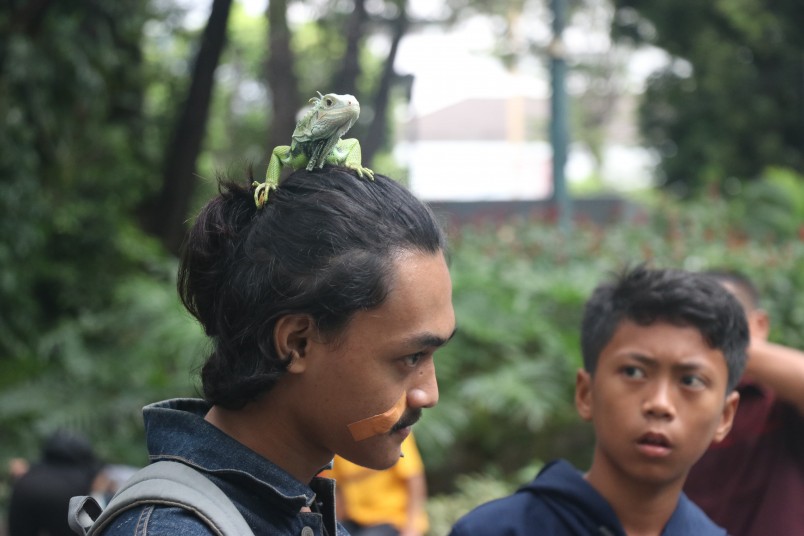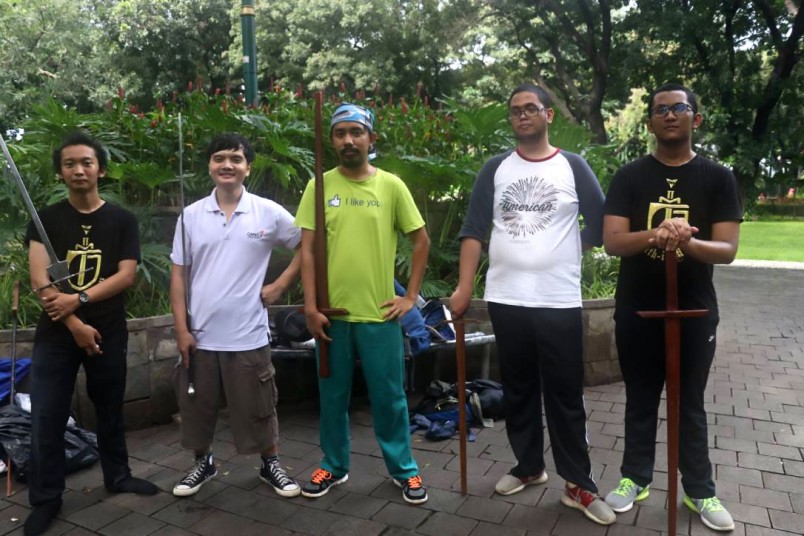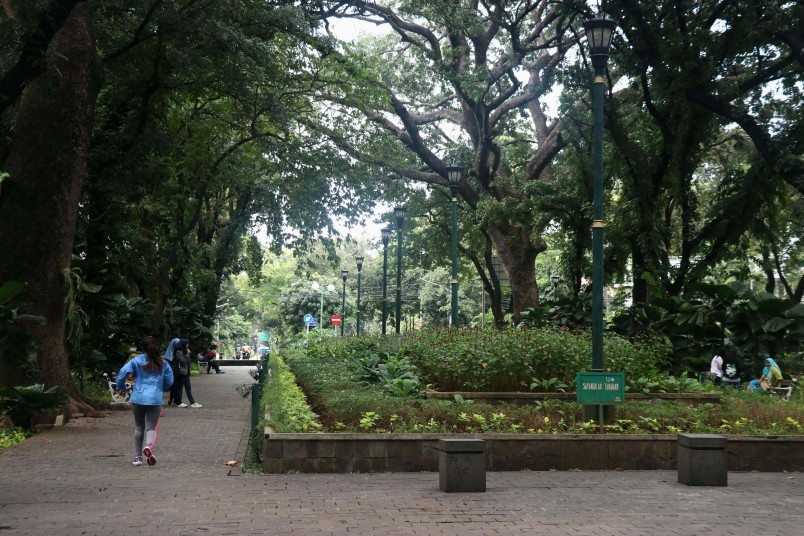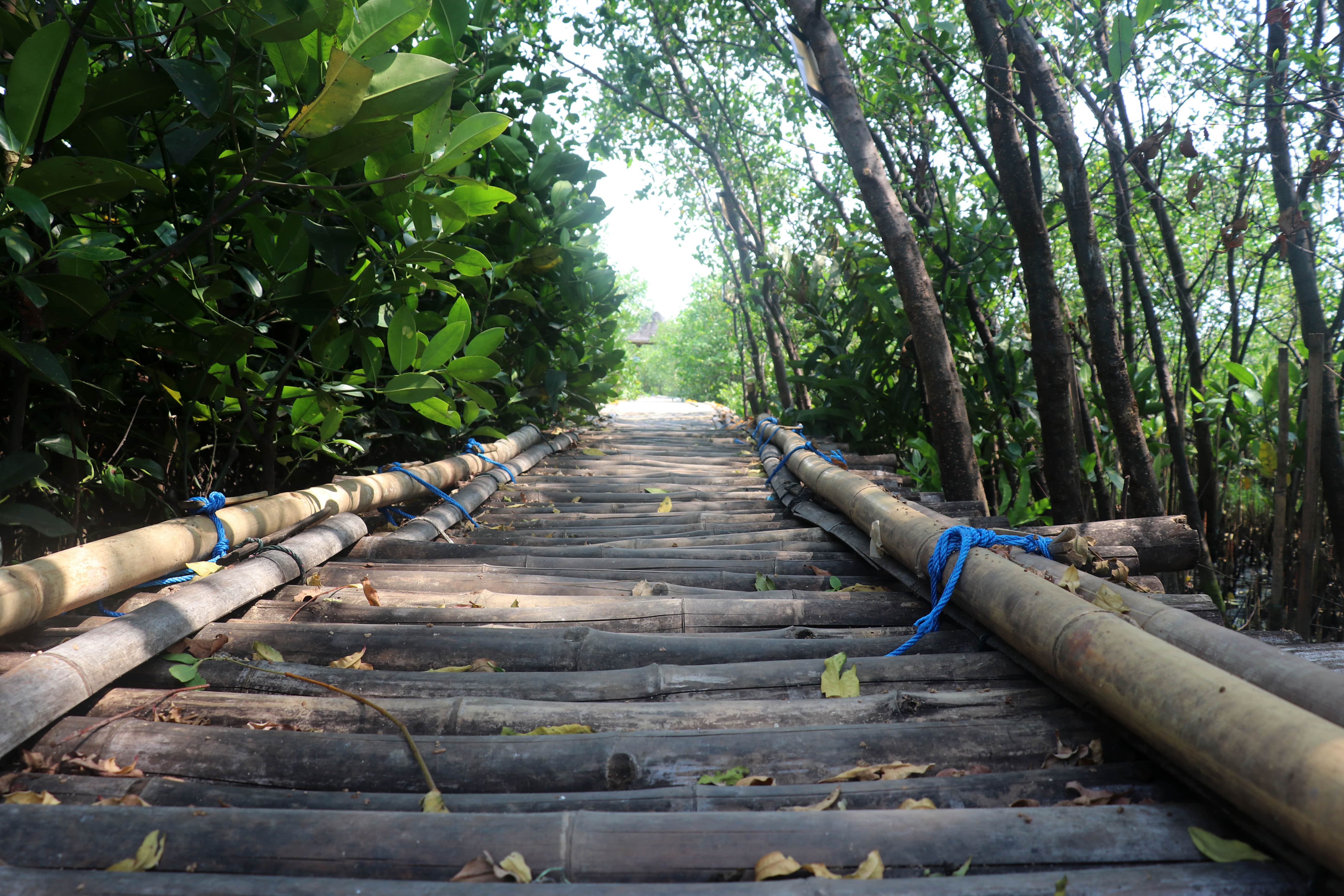
Finding fresh air in The Big Durian
In the midst of Jakarta, the capital of the fourth most populated country in the world, fresh air is hard to find.
As the city has developed, urban green spaces and coastal mangroves have sharply declined, leaving the immense population with many environmental issues such as heavily polluted air and regular flooding.
Hear from some of the locals on how they value the remaining green spaces and how some are working to get them back.
Here are some photos of some of the places and people mentioned in the podcast.
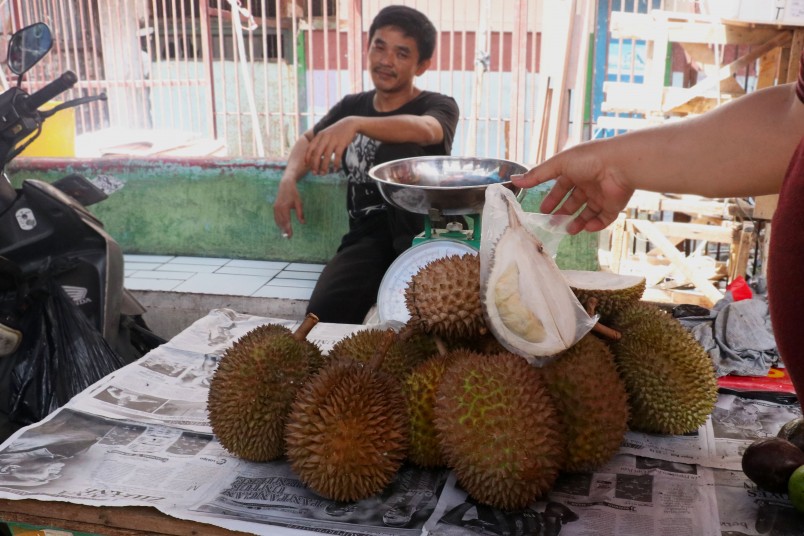
Durian, an extremely popular fruit in Indonesia, but so infamously smelly, when opened, even in open-air markets, is kept sealed in plastic bags
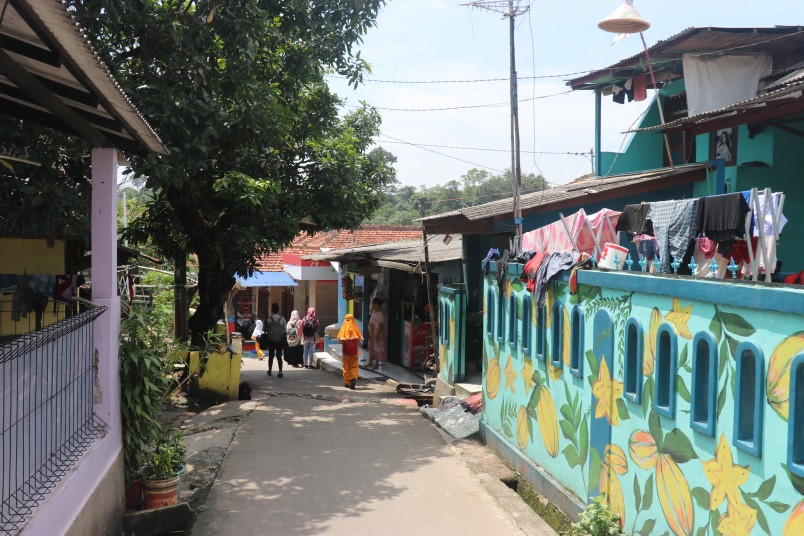
The streets of Depok, near Universitas Indonesia, where many people have created small gardens, often encroaching onto the road and the occasional house still has a mature tree
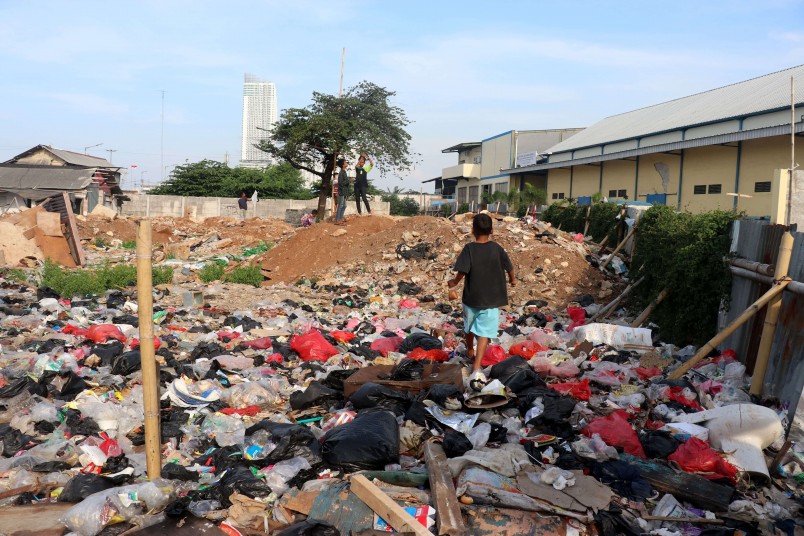
One of Muara Angke’s many rubbish dumping grounds and also one of very few open spaces. Children often fly their kites here
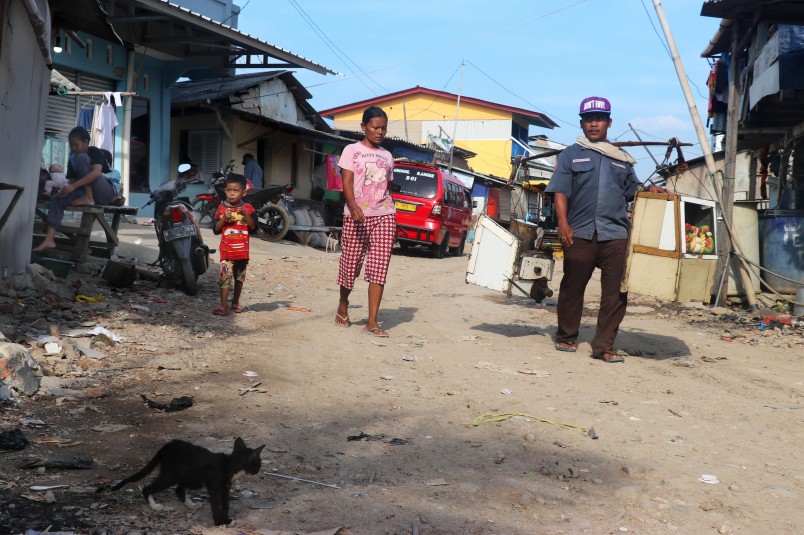
Like in many parts of Jakarta, people share the streets with cats, sometimes pets but often not, the cats can pick up many scraps from the gutting of fish
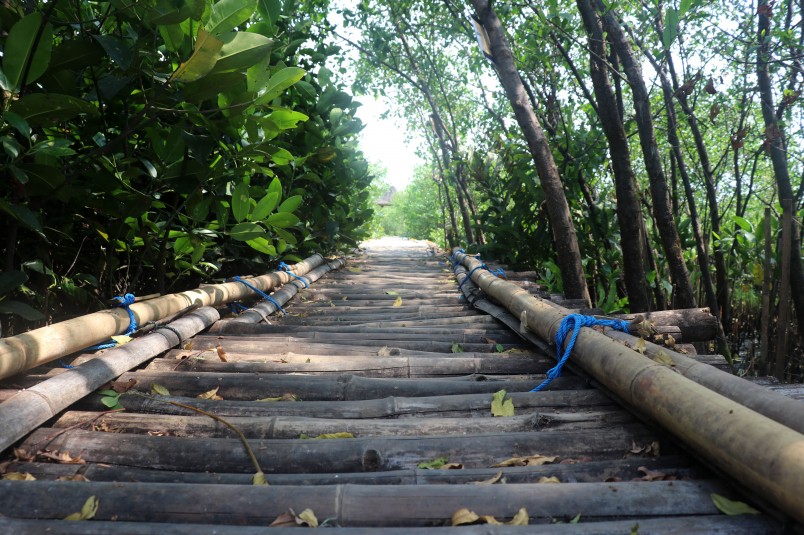
One of the bamboo boardwalks through the mangroves – the best way to get through the mangroves without sinking into the mud or water and damaging new plant growth
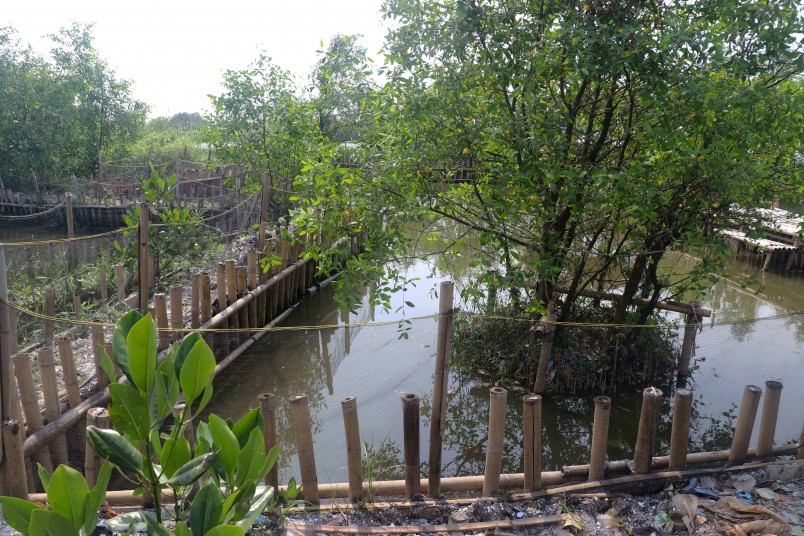
The boarder walls of these enclosures are made from mud and compressed rubbish held in by bamboo, mangroves are also sometimes planted in these walls
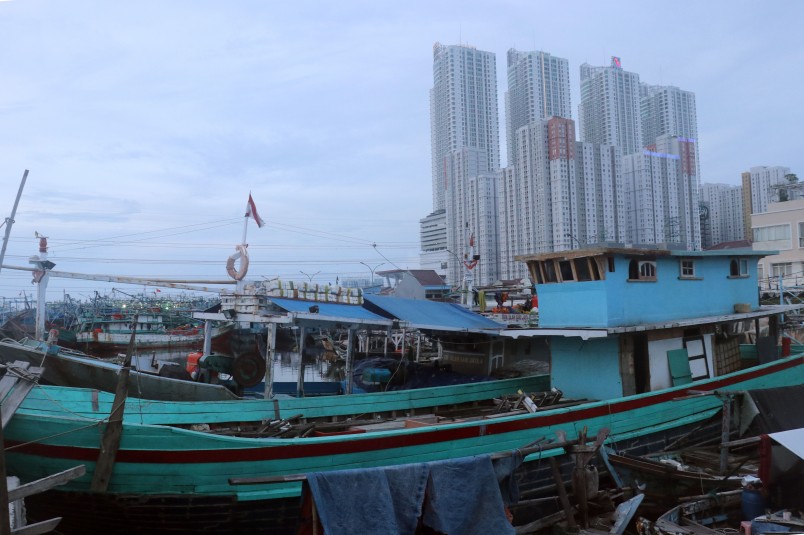
An interesting contrast between the traditional Indonesian fishing boats and the rapidly growing high-rise
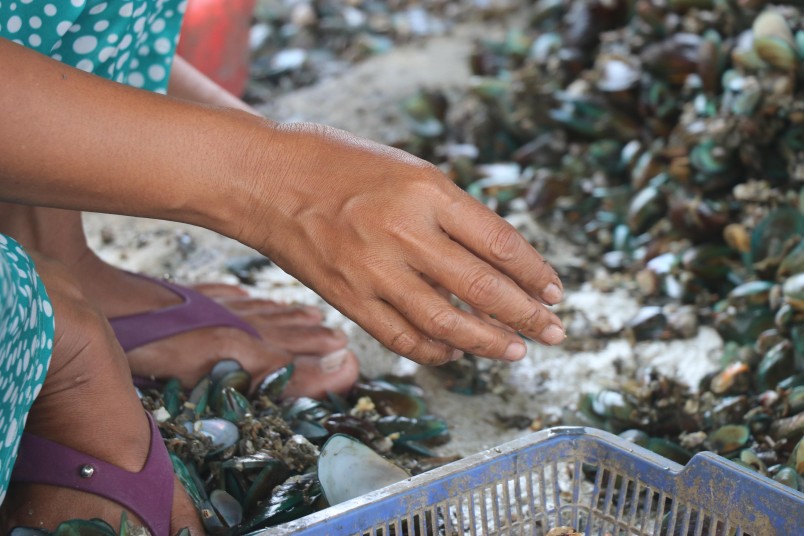
After the catch is brought in, the processing begins, in this case it means sorting and taking the flesh out of molluscs
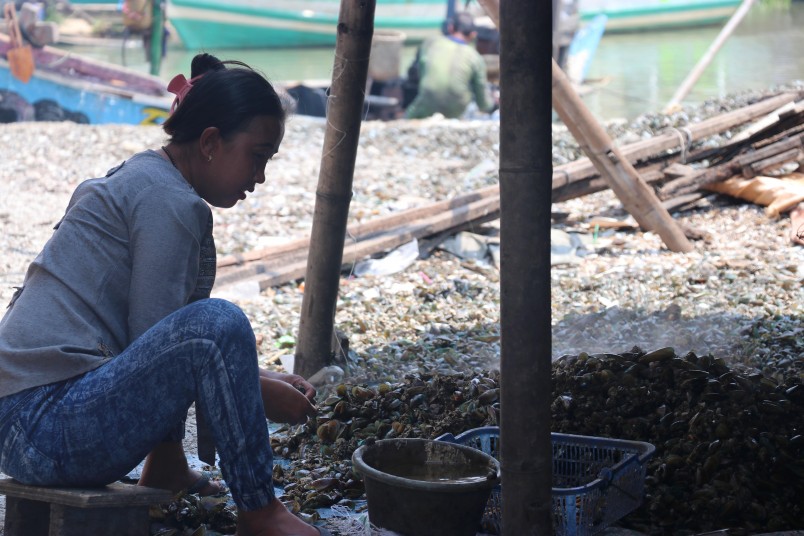
The availability of different species varies seasonally but has also changed in the locals’ lifetimes, with some species once common now never seen
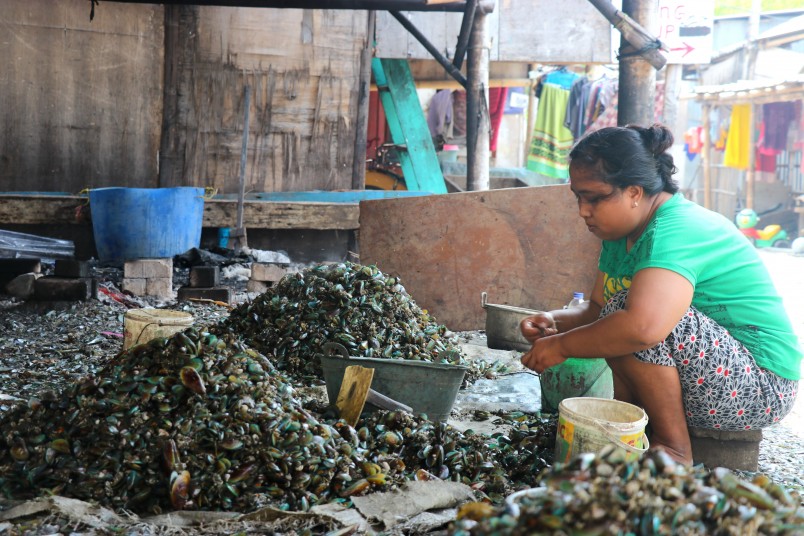
Sorting these shells is hard work, the temperature and humidity is high and people have to work fast as well as shooing off chickens and cats that try to take some of the catch
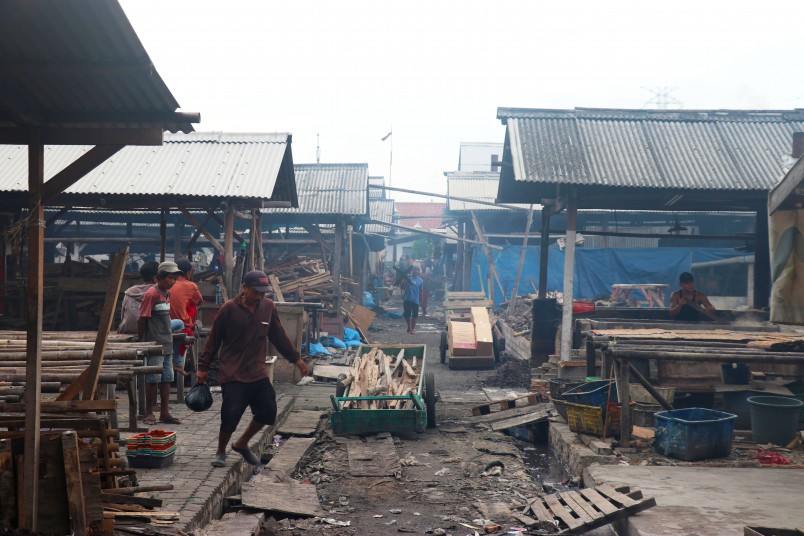
Some of the large racks the fish and squid are dried on after being salted and boiled. The haze comes from the fires and vapour from boiling the squid
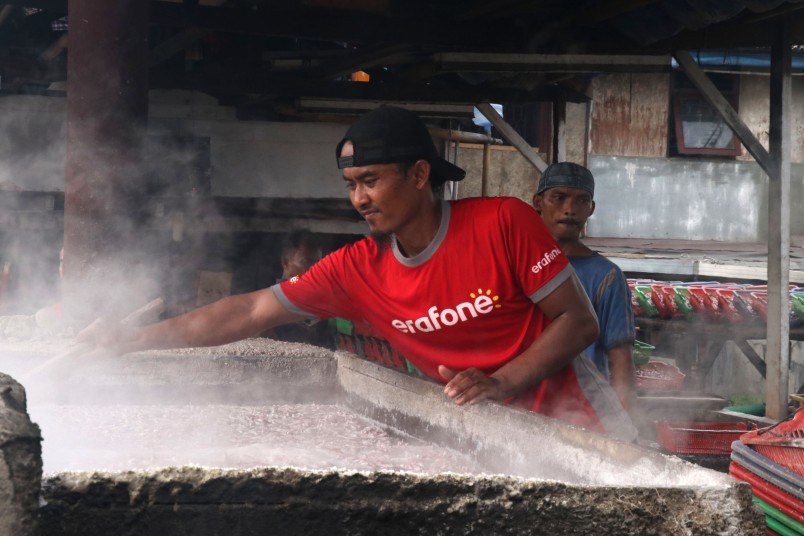
It is hot and smelly work in this part of the process, the fishermen often play the radio as they work
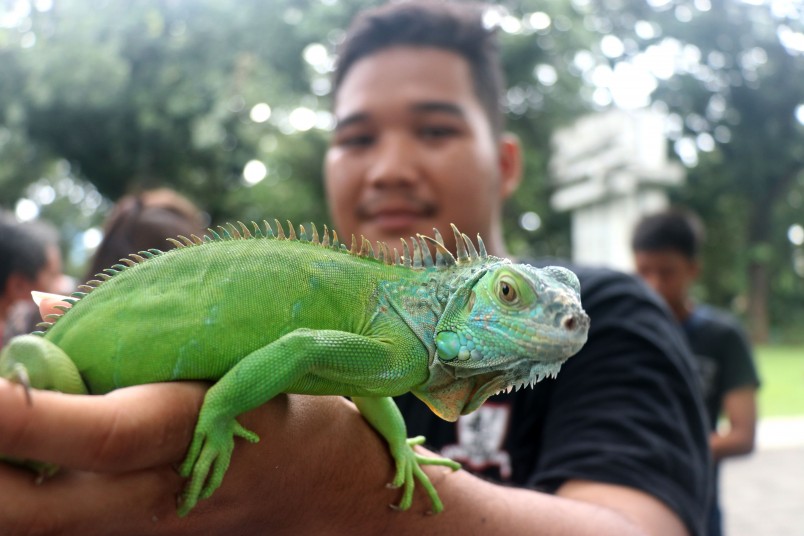
Some of the interesting people and creatures you run into in Taman Suropati, these people are from the Jakarta reptile appreciation society
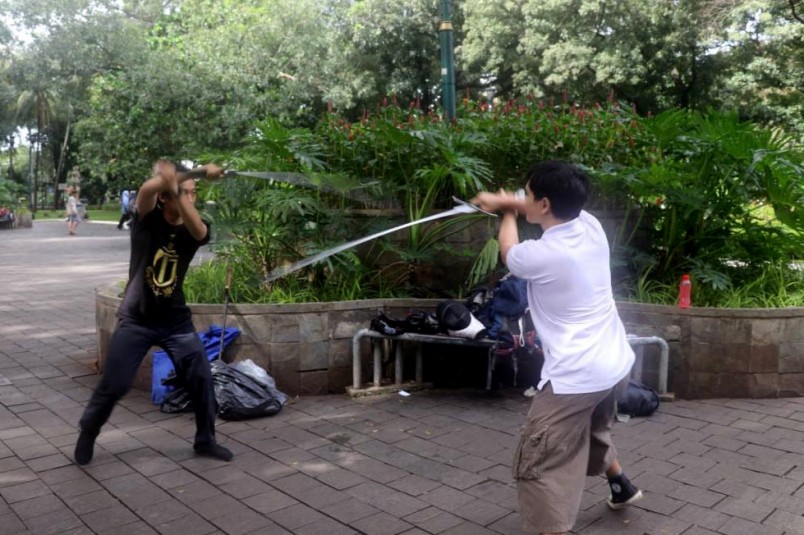
More interesting folk in Taman Suropati, these are members of the Guild of Swordsmen – photo credit Angel Parsons
Holly Richardson
Holly is in her final year as a science and journalism student. She is dedicated to reporting on science and environmental issues as well as regional and rural stories. She has gained experience working in media at the ABC, 4ZZZ, The Brisbane Times and Channel 10 as well as in science through completing her Zoology degree as well as working as a science tutor and mentor.

